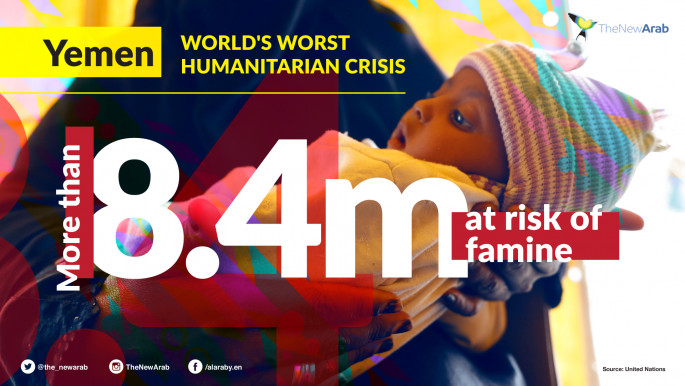Norway stops selling weapons to UAE over Yemen atrocities
The Norwegian foreign ministry on Wednesday expressed concern that the weapons the UAE purchases from the Scandinavian monarchy may be used to kill civilians in the Yemen war in its role within the Saudi-led Arab coalition targeting Houthi rebels.
Existing export permits have now been revoked until further notice, and no new licenses will be issued under the current circumstances, the ministry added.
In 2016, Norwegian exports of weapons and ammunition to the UAE almost doubled in two years as it rose from 41 million Norwegian crowns ($5 million) in 2015 to 79 million Norwegian crowns ($9.7 million), Statistics Norway data showed.
Rights organisations criticised the UAE last year after reports of UAE running secret torture prisons in Yemen emerged.
Human Rights Watch (HRW) said last year the UAE was responsible for running two of 11 secret prisons in south Yemen.
HRW quoted interviews from former detainees, families of detainees, lawyers and Yemeni government officials.
As a result of these interviews, it had isolated the cases of 49 people, including children, who had been tortured.
One former detainee reported that inmates were kept blindfolded in cramped conditions in shipping containers for weeks at a time.
"The entire place is gripped by fear. Almost everyone is sick, the rest are near death. Anyone who complains heads directly to the torture chamber," he said.
Norway's ban comes as world powers in the international community are becoming more vocal about the atrocities being carried out by the Saudi-led coalition in Yemen.
US Defence Secretary James Mattis said on Friday the US is determined to reduce the number of civilian casualties in the Saudi-led campaign against rebels in Yemen and will press ahead with efforts to train Saudi pilots to identify legitimate targets.
His comments to reporters at the Pentagon followed a UN report on Thursday that said more than 100 civilians had been killed in airstrikes in Yemen in a ten-day period.
"We are going to continue to train them how to do target identification, try to get their capabilities up in those areas. We're going to continue to work with their pilots and explain how you do bombing runs, that sort of thing," Mattis said.
More than 10,000 people - over half of them civilians - have been killed since the coalition intervened in 2015.
The fighting has caused a humanitarian catastrophe which the UN says is the world's worst, pushing seven million people to the brink of famine and sparking a cholera outbreak that the World Health Organisation says has killed 2,000 people.

![Palestinians mourned the victims of an Israeli strike on Deir al-Balah [Getty]](/sites/default/files/styles/image_684x385/public/2024-11/GettyImages-2182362043.jpg?h=199d8c1f&itok=xSHZFbmc)


![The law could be enforced against teachers without prior notice [Getty]](/sites/default/files/styles/image_684x385/public/2178740715.jpeg?h=a5f2f23a&itok=hnqrCS4x)
 Follow the Middle East's top stories in English at The New Arab on Google News
Follow the Middle East's top stories in English at The New Arab on Google News

![Palestinian journalists in West Bank [Getty]](/sites/default/files/styles/image_330x185/public/2167088057.jpeg?h=a5f2f23a&itok=smdkN-46)
